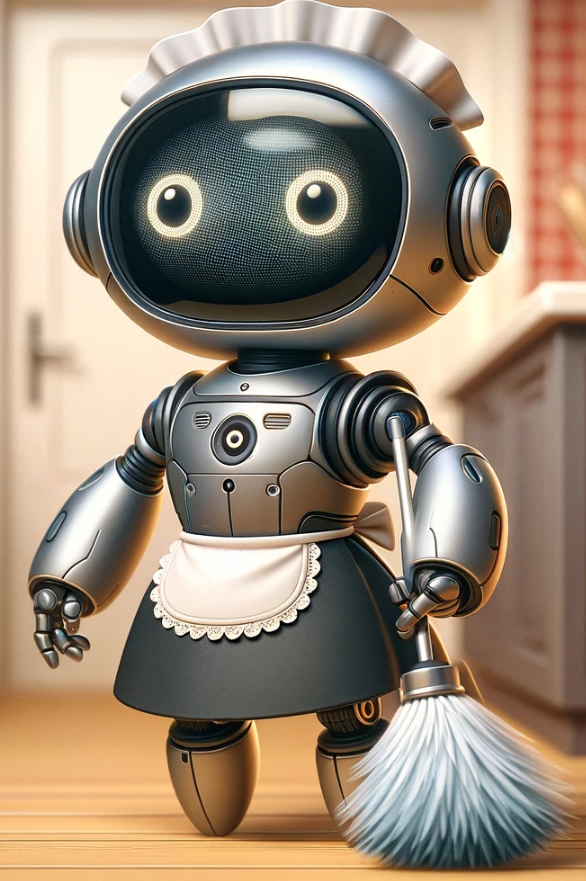
The landscape of artificial intelligence (AI) is poised for a transformative leap forward, moving beyond the generic capabilities of platforms like ChatGPT to a future where personalized AI assistants play a central role in our digital lives. In a recent discussion, Bill Gates, the visionary co-founder of Microsoft, shed light on the direction AI is headed, emphasizing the need for a personal AI assistant capable of comprehensively understanding and assisting each individual globally. This article delves into the essence of personal AI assistants, their advantages over current AI technologies, and a glimpse into a tool that is beginning to realize Gates’ vision.
Redefining Assistance with Personal AI
According to Bill Gates, the breakthrough in AI will come from developing a personal AI assistant that intimately knows an individual’s routines, preferences, and tasks, thereby streamlining their digital interactions. Imagine an AI that sifts through your unread emails, manages your schedule, and navigates the web for you, eliminating the need for conventional search engines and online platforms.
The Current AI Paradigm: Where It Falls Short
Today’s AI solutions, including sophisticated large language models (LLMs) like ChatGPT, boast remarkable capabilities fueled by vast amounts of internet data. While their computational power is undeniable, these models lack the personal touch. They fail to incorporate the unique context, values, and personality traits of individuals, resulting in responses that, though accurate, feel impersonal and detached. This gap significantly hampers their effectiveness in tasks requiring authenticity and personal alignment, such as content creation and client communication.
Pioneering Personal Language Models (PLMs)
In response to the limitations of LLMs, the concept of personal language models (PLMs) has emerged. PLMs are tailored to the individual, learning from their specific data inputs, including written documents, browsing habits, and personal conversations. This customization allows PLMs to offer responses and assistance that resonate on a personal level, transforming how we interact with AI.
An exemplary tool leading the charge in this new era is Personal.ai. It epitomizes the personal AI assistant concept, structured around three core components: Tacit Memory, Personal Language Model, and Personal Chat. Despite its nascent stage and current focus on messaging, Personal.ai demonstrates the potential of personal AI assistants to evolve into comprehensive tools for managing our digital lives.

The Untapped Potential of Personal AI Assistants
The applications for personal AI assistants are vast and varied, from content generation and task management to personalized shopping and lifestyle planning. By harnessing individual-specific data, these assistants can deliver unparalleled customization and efficiency.
The Path Forward: Merging LLMs with PLMs
Achieving Bill Gates’ vision of an all-encompassing personal AI assistant necessitates a harmonious blend of the computational might of LLMs and the nuanced personalization of PLMs. The future of AI will likely see a synergy between these models, paving the way for assistants that are not only powerful but also deeply personalized.
In Summary
The trajectory of AI is clear: personal AI assistants represent the next frontier, promising to make our digital interactions more efficient, personalized, and intuitive. While tools like Personal.ai offer a peek into this future, the journey towards fully autonomous personal assistants is ongoing. As the field of AI continues to evolve, the integration of LLMs and PLMs will be crucial in realizing the full potential of personal AI assistants, making them indispensable allies in our daily lives.